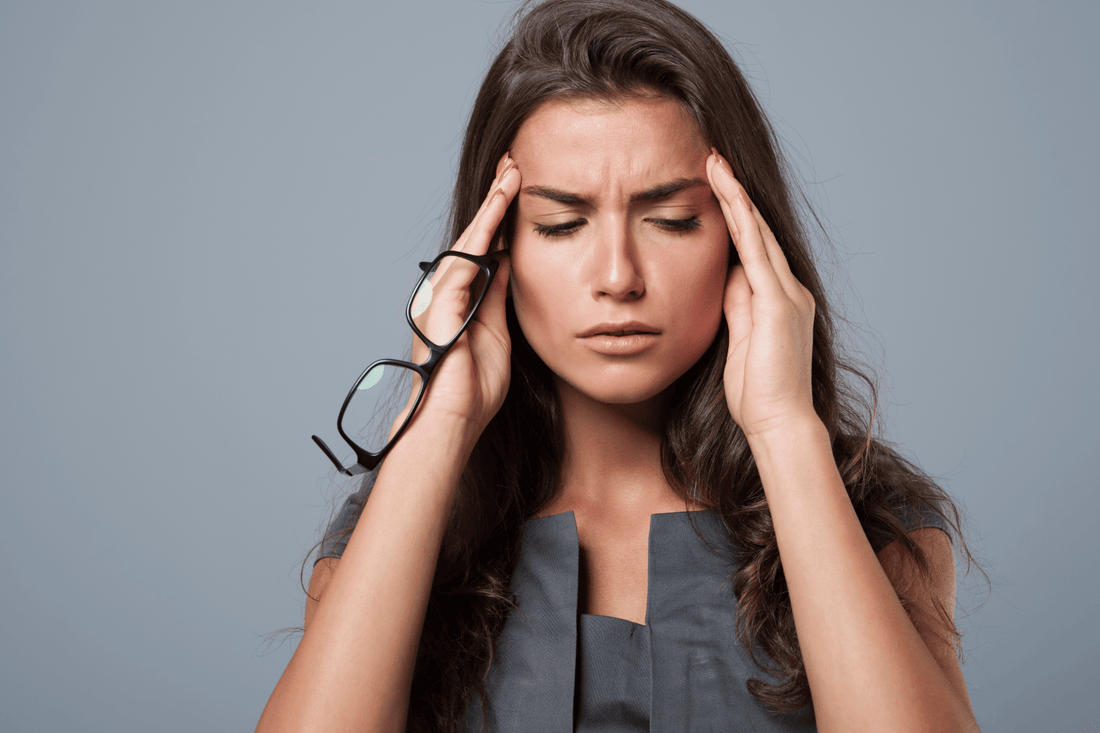
Sinusitis is the medical term for inflammation (irritation and swelling) of the sinuses. It's usually caused by infection. Our sinuses are the moist air spaces within the bones of the face around the nose. The frontal sinuses are located in the area near the eyebrows; the maxillary sinuses are located inside the cheekbones; the ethmoid sinuses are between the eyes; and the sphenoid sinuses sit behind the ethmoid sinuses. When we're healthy, our sinuses are filled with air, making our facial bones less dense and much lighter in weight. Sinuses also play a role in how our voices sound.
Infection with viruses or bacteria — or a combination of both — can cause sinusitis. Generally, someone with a cold also has inflammation of the sinuses. This is viral sinusitis. Allergies also can lead a person to develop sinusitis. When the nasal congestion (stuffiness) associated with the common cold or allergies doesn't allow the sinuses to drain properly, bacteria can become trapped inside the sinuses, leading to bacterial sinusitis. Bacterial sinusitis tends to make someone feel sicker than viral sinusitis. A person with bacterial sinusitis usually will have more facial pain and swelling than someone with viral sinusitis, and might also develop a fever.
Signs and Symptoms of Sinusitis
Some of the signs that someone may have bacterial sinusitis are:
- Stuffy or runny nose with daytime cough that lasts for 10 to 14 days without improvement.
- Mucus discharge from the nose (this can occur with both viral and bacterial sinusitis but continuous thick discharge is more likely to be from bacterial sinusitis).
- Persistent dull pain or swelling around the eyes
- Tenderness or pain in or around the cheekbones.
- Feeling of pressure in your head.
- Headache when you wake up in the morning or when bending over.
- Bad breath, even after brushing your teeth.
- Pain in the upper teeth.
- Fever greater than 102° Fahrenheit (39° Celsius).
Sinusitis Treatment
If your doctor prescribes antibiotics for bacterial sinusitis, you may need to take them for as long as 3 weeks. Your doctor may also prescribe a decongestant for all forms of sinusitis. If your sinusitis is the result of allergies, your doctor may recommend that you take a daily antihistamine as well. Pulsatile nasal irrigation can provide dramatic relief from sinusitis and sinus infections by removing purulent material and bacteria, naturally. The SinuPulse is one of the most effective methods of nasal irrigation. Even if you are taking sinusitis medication the SinuPulse can be used in combination to enhance effectiveness of the medication and help speed up the process.
Can I Prevent Sinusitis?
You can lower your risk of getting sinusitis by making some simple changes in your home environment. Try using a humidifier during cold weather to stop dry, heated air from irritating your sinuses, which can make them more susceptible to infection. Clean the humidifier regularly because mold, which can trigger allergies in some people, forms easily in moist environments. If you have allergies, make an extra effort to keep them under control because they can make a person more prone to developing a sinus infection. Regular use of the SinuPulse Advanced Nasal Sinus Irrigation System can help prevent infections and maintain proper ciliary function critical for optimal sinus health.
Although sinusitis itself is not contagious, it is often preceded by a cold, which can be spread to family members and friends. The most effective way to prevent the spread of germs is to wash your hands frequently and thoroughly. Steer clear of used tissues, and try to stay out of the line of fire when someone sneezes.
What Can I Do to Help Myself Feel Better?
Get plenty of rest and fluids so that your body's immune system can work along with the antibiotics to fight the infection. Taking ibuprofen or acetaminophen can help to relieve pain and inflammation. A cool-mist humidifier may soothe your sinuses. Warm compresses usually help with facial pain. Nasal irrigation is recommended to help clear the nasal passages and lower sinuses of excess mucous, bacteria, and purulent material. The pulsating rinse action of the SinuPulse is recommended by leading medical journals and published medical reports.
The most important thing to remember about sinusitis is, even though chances are the type you have isn't severe, it's still important to see a doctor. If you do turn out to have a bacterial infection, prompt treatment can help prevent the infection from getting worse or spreading, and it will help you get better faster.









